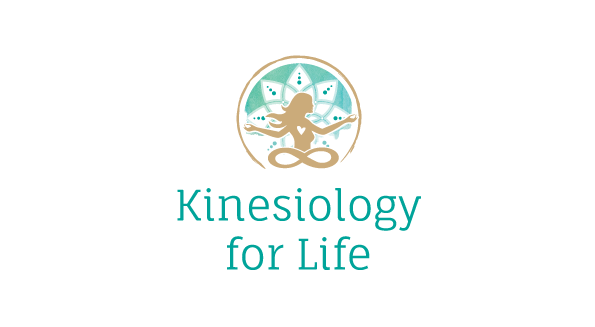
Brain Integration
Allow me to support you through brain balancing
to enhance learning, memory
& support you with life’s challenges
Learn how Kinesiology can support you with Brain Integration,
learning difficulties & life’s challenges
Through advanced brain physiology pathways, I can also support you with the processes involved with learning and life’s challenges.
Brain Integration enhances:
learning & memory
emotional balance
stress reduction to responding in new a way you previously had no control over
speech, vision, smell, taste, auditory & vestibular systems
pathways for our visual and auditory functions, as well as reading
These are further divided into numeracy and literacy pathways. The different types of memory involved in learning are also studied concerning short term, long term and familiarity.
Brain Hologram Series - A, B, C, D & E
This means I can support you with deeper Neurological Emotional Brain pathways, in areas such as:
The Limbic system
is the part of the brain involved in our behavioural and emotional responses
supports a variety of functions including emotion, behaviour, long term memory & our sense of smell
largely houses our emotional life and critically aids the formation of memories
The Amygdala
is recognised as a component of the limbic system, and is thought to play important roles with our emotions and behaviour
is best known for its role in processing fear, memory, decision-making & other emotional responses, such as anxiety and aggression
makes us feel safe
Brain lobes and connections - each side of your brain contains four lobes:
the frontal lobe is important for our reasoning, cognitive functions and control of voluntary movement or activity
the parietal lobe processes information about temperature, taste, touch and movement
the occipital lobe is primarily responsible for vision
the temporal lobes are believed to play an important role in processing or affecting emotions, language and certain aspects of visual perception.
the dominant temporal lobe, which is the left side in most people, is involved in understanding language and learning and remembering verbal information
Broadman areas of the Brain. These are finer detailed areas of the brain which represent different functions and responsibilities. Here is a breakdown of each area:
Brain Stem, Cerebellum & Spinal cord
In a nutshell learning about these areas provides me with:
an excellent understanding of their structure and physiology along with their projections and innervation
the relay system of the thalamus, the hypothalamus, the feedback loops of the cerebellum and the various ascending/descending pathways of the spinal cord
methods to balance the specifics of overthinking, emotional & mental functioning/reasoning and mistiming of information in the brain pathways, from a neurological level
skills to facilitate the balancing of these processes to enhance cortical functions & modulate mental processing
techniques to work with something in the visual field instead of being easily distracted by it and feeling challenged to continue
ways to balance mood by stabilising the blood flow in the cortex, so you're not in these states of emotional fluctuations, depression, low mood or hyperactivity
The brain and limbic system contribute to the information processing received from the sensory receptors, which are relayed by the thalamus and analysed with their specific projections and outputs
I can support you with destressing and realigning the sensory pathways, if you have…
concerns with taste or the sense of taste (Gustatory)
concerns with smell or the sense of smell (Olfactory)
Imbalances in your visual pathways or how you see life
sensitivity to sound or difficulties hearing (Auditory)
touch sensitivity - if you are not comfortable with being touched or you are an over touchy person that offends people
vestibular Issues- working with vertigo and a sense of imbalance in your life
pain with spinal nerves (Somatosensory pathways)
I can also work with the various optokinetic (reflex) pathways and their associations with the vestibular system, brainstem, cerebellum and motor cortex. Pathways related to reading and language are also analysed along various conditions linked with learning.

